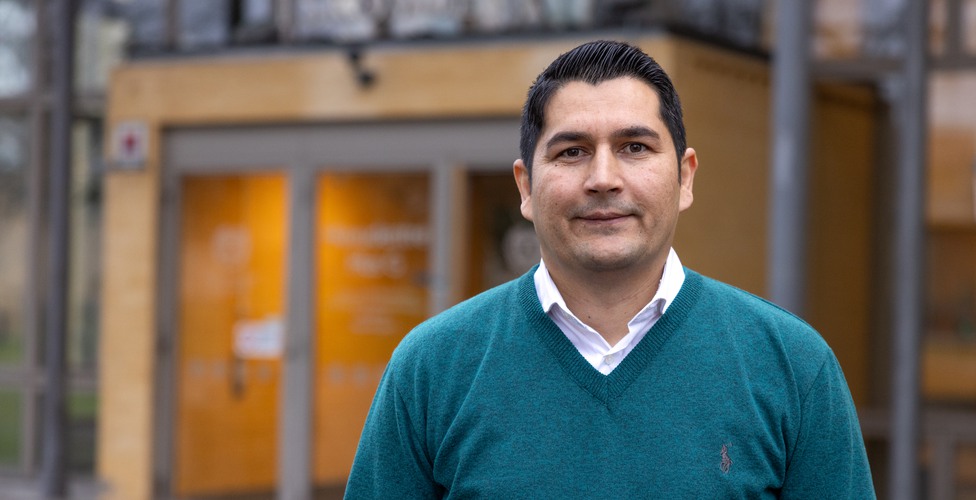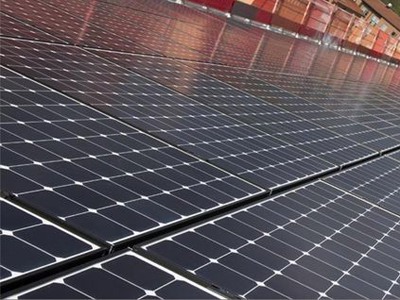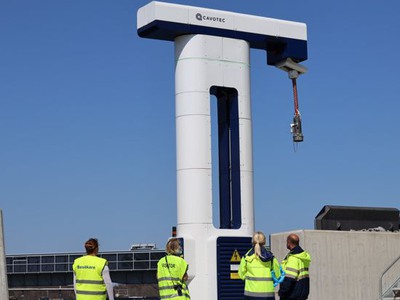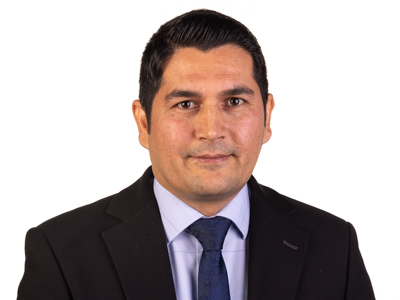The University of Skövde has launched the HelioS Energy Hub, a campus-based testbed aimed at developing sustainable energy solutions and efficient energy management.
 Mostafa Kermani, Senior Lecturer in Electrical Engineering.
Mostafa Kermani, Senior Lecturer in Electrical Engineering.
The project aims to create a smart energy management system that uses advanced real-time monitoring to track and control both energy generation as well as consumption.
“The goal is to develop a system that can be used in commercial buildings and businesses to manage energy efficiently and savings” says Senior Lecturer in Electrical Engineering Mostafa Kermani.
Campus Serves as a Testbed
As a part of the testbed, the researchers and students will use the solar panels on the roof of the University’s buildings on campus. One of the challenges associated with solar power is its intermittent nature, dependent on weather conditions and daylight availability.
“The key challenge we are tackling is how to store energy effectively,” says Mostafa Kermani. “During the summer, we produce more energy than we need, but without sufficient storage, we cannot use it during the high-demand and nights.”
Hands-on Opportunity for Students
The HelioS Energy Hub project not only aims to enhance energy self-sufficiency on campus but also provides valuable hands-on learning opportunities for students; e.g., some new courses such as Microgrid, Renewable Energy Systems, Energy Conversion System are the plan to be created.
“Through real-time monitoring and management systems, students will be able to study the interactions between energy generation, storage, and consumption in real-world conditions through the testbed” says Mostafa Kermani.
Battery Energy Storage System Innovations for Homes and Industry
Globally, battery energy storage system plays a vital role in managing energy consumption and optimizing efficiency in various applications. This system is designed to store excess energy during low-demand periods and release it during peak hours, helping to balance the grid and reduce energy costs. In order to store energy, an optimal battery energy storage is required to be sized. But Mostafa Kermani also emphasizes that the research is not isolated to industrial needs:
“This isn’t just about the big industries need of energy; we need better solutions for individual users too in order to address energy shortage and grid capacity limitation,” says Mostafa Kermani. “Whether we charge our electric cars or manage power in other buildings, we need smarter and more flexible ways to store and use energy.”
Financed by Åforsk
The HelioS project is financed by Åforsk and will run for three years from 2024 – 2027. The full name of the project is “HelioS Energy Hub: A Commercial Energy Management System Prototype for Local Energy Flexibility and Self-Consumption Enhancement”.




